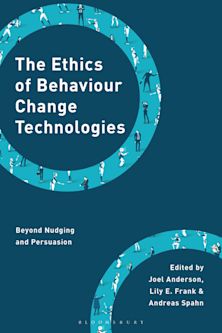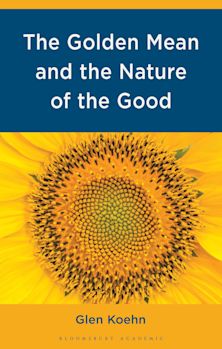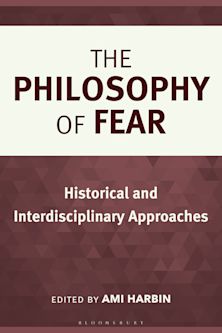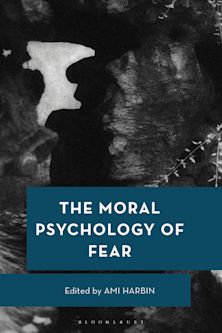This product is usually dispatched within 2-4 weeks
- Delivery and returns info
-
Flat rate of $10.00 for shipping anywhere in Australia
Description
Confucian and Stoic Perspectives on Forgiveness explores the absence of forgiveness in classical Confucianism and Roman Stoicism as well as the alternatives to forgiveness that these rich philosophical traditions offer. After discussing forgiveness as it is understood in contemporary philosophy, Sean McAleer explores Confucius’ vocabulary for and attitude toward anger and resentment, arguing that Confucius does not object to anger but to its excesses. While Confucius does not make room for forgiveness, McAleer argues that Mencius cannot do so, given the distinctive twist he gives to self-examination in response to mistreatment. Xunzi, by contrast, leaves open a door to forgiveness that Mencius bolted shut. The book then proceeds to the Roman Stoics—Musonius Rufus, Epictetus, Marcus Aurelius, and Seneca—arguing that their distinctive conceptions of value and wellbeing rule out forgiveness, though like the Confucians the Stoics offer alternatives to forgiveness well worth considering. The book ends by comparing the two traditions, arguing that while Stoicism helps us navigate many of the turbulent waters of everyday life, Confucianism enjoys advantages when we interact with those to whom we are bound by ties of affection and intimacy.
Table of Contents
Introduction: Without Forgiveness and About Forgiveness
Chapter 1: The (Surprising?) Absence of Forgiveness in the Analects
Chapter 2: Anger, Forgiveness, and the Inward Turn in Mencius and Xunzi
Chapter 3: Stoic Perspectives on Forgiveness
Conclusion: Before Forgiveness and Beyond Forgiveness
References
About the Author
Product details
| Published | 23 Sep 2022 |
|---|---|
| Format | Hardback |
| Edition | 1st |
| Extent | 216 |
| ISBN | 9781793622648 |
| Imprint | Lexington Books |
| Dimensions | 238 x 158 mm |
| Series | Studies in Comparative Philosophy and Religion |
| Publisher | Bloomsbury Publishing |
Reviews

ONLINE RESOURCES
Bloomsbury Collections
This book is available on Bloomsbury Collections where your library has access.



































